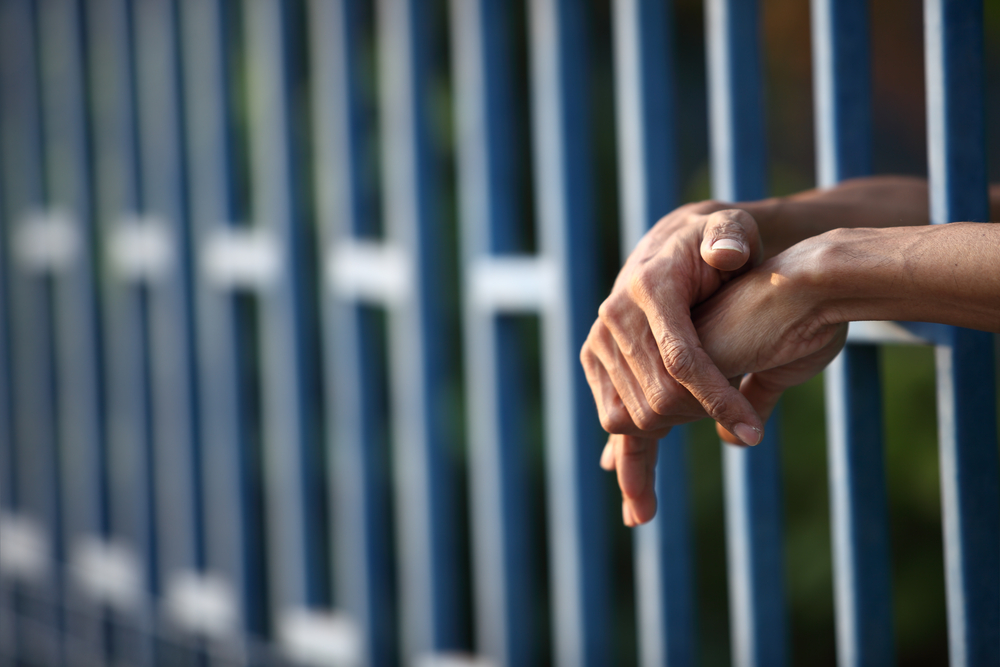

In May of 2023, Governor DeSantis approved of House Bill 1627 which drastically changed the laws related to pretrial detention. The law also ordered the Florida Supreme Court to set a uniform bond schedule statewide. The goal of the new law is to strengthen pre-trial detention and provide uniformity in how bonds are imposed across the state of Florida. These changes became effective on January 1, 2024 and will have a drastic impact on how defendant’s cases are handled moving forward.
Pretrial detention refers to the time period during which you are incarcerated after being arrested but before your trial. On most cases, a defendant shall be entitled to post a reasonable bond and be released. However, on more serious cases, a defendant may not be entitled to bond or the State can make a motion for pretrial detention to hold the Defendant no bond pending trial.
Florida Statute 907.041 governs the State’s and Court’s ability to hold a defendant pretrial detention without bond. One of the most significant changes to the statute relates to the treatment of individuals who are accused of committing “dangerous crimes”. There are 26 enumerated dangerous crimes which include:
Florida Statute 907.041(5)(b) states that an individual arrested for a dangerous crime may not be granted nonmonetary pretrial release at a first appearance hearing. However, prior to January 1, 2024, the statute stated that the Judge had discretion to release an accused on electronic monitor or a recognizance bond if the findings on the record of facts and circumstances warrant such a release.
The new law deletes that sentence effectively showing the legislature’s intent to require monetary bonds in all cases where a defendant is charged with a dangerous crime. This change drastically affects defendants that have limited financial resources and cannot afford a monetary bond.
Another substantial change in Florida’s pretrial detention statute relates to the additional language under 907.041(5)(d) which states that “if a defendant is arrested for a dangerous crime that is a capital felony, a life felony, or a felony of the first degree, and the court determines there is probable cause to believe the defendant committed the offense, the state attorney, or the court on its own motion shall motion for pretrial detention.”
The additional language essentially requires the State or the Court to make a motion for pretrial detention for all dangerous crimes for first degree felonies or higher and does not give them discretion to agree to a bond at first appearance. This will likely result in a drastic increase in pretrial detention hearings and defendants that will be held without bond pending trial.
In addition, to changes in the pretrial detention statute, the new law approved by Governor DeSantis ordered the Florida Supreme Court to impose a statewide bond schedule. On December 12, 2023, the Florida Supreme Court did just that when it signed Administrative Order AOSC23-88.
The new order is designed to impose uniformity in the way bond is applied to certain cases in the entire state of Florida. Under the new order, bond will be set as follows for cases in which a defendant is eligible to be released prior to first appearance:
The new law permits a judge to raise or lower the bonds at first appearance as well as establish a local bond schedule that increases the bond schedule or adds conditions of release.
How An Attorney Can Help
If a defendant is charged with a dangerous crime and the State of Florida is seeking pretrial detention in the case, an experienced criminal defense attorney could help. For the Court to hold a defendant without bond, the State would have the burden of proving a substantial probability that the defendant committed the offense and, based on the defendant’s past and present patterns of behavior and all relevant facts, that no conditions of release of bail will reasonably protect the community from risk of physical harm or ensure the defendant’s presence at trial.
This is a high burden for the State and a good criminal defense attorney could potentially challenge both the sufficiency of evidence in the case and any argument that the defendant is a danger to the community or flight risk. If the Court does grant a bond, a good criminal defense attorney can recommend the lowest bond that the defendant can afford to pay and the least restrictive conditions for pretrial release.
If you or a loved one have been or will be charged with a crime that could require a bond or pretrial detention hearing, do not hesitate to give our office a call. We handle all federal and state criminal defense matters in the State of Florida.
Our criminal defense attorney, E.J. Hubbs, is a former prosecutor with over 10,000 criminal cases in his career. In addition, he is Board Certified in Criminal Trial Law, an honor held by less than 1% of attorneys in Florida.
Hubbs Law offers free consultations for all criminal cases. Call anytime to discuss a case or legal issue at (305) 570-4802 .
Disclaimer: Please note that by reading this blog you are not entering into an attorney-client relationship with Hubbs Law, P.A. This blog only provides general legal information. Every case is unique and you should request a consultation to ensure that you are getting the correct legal advice for your specific case.